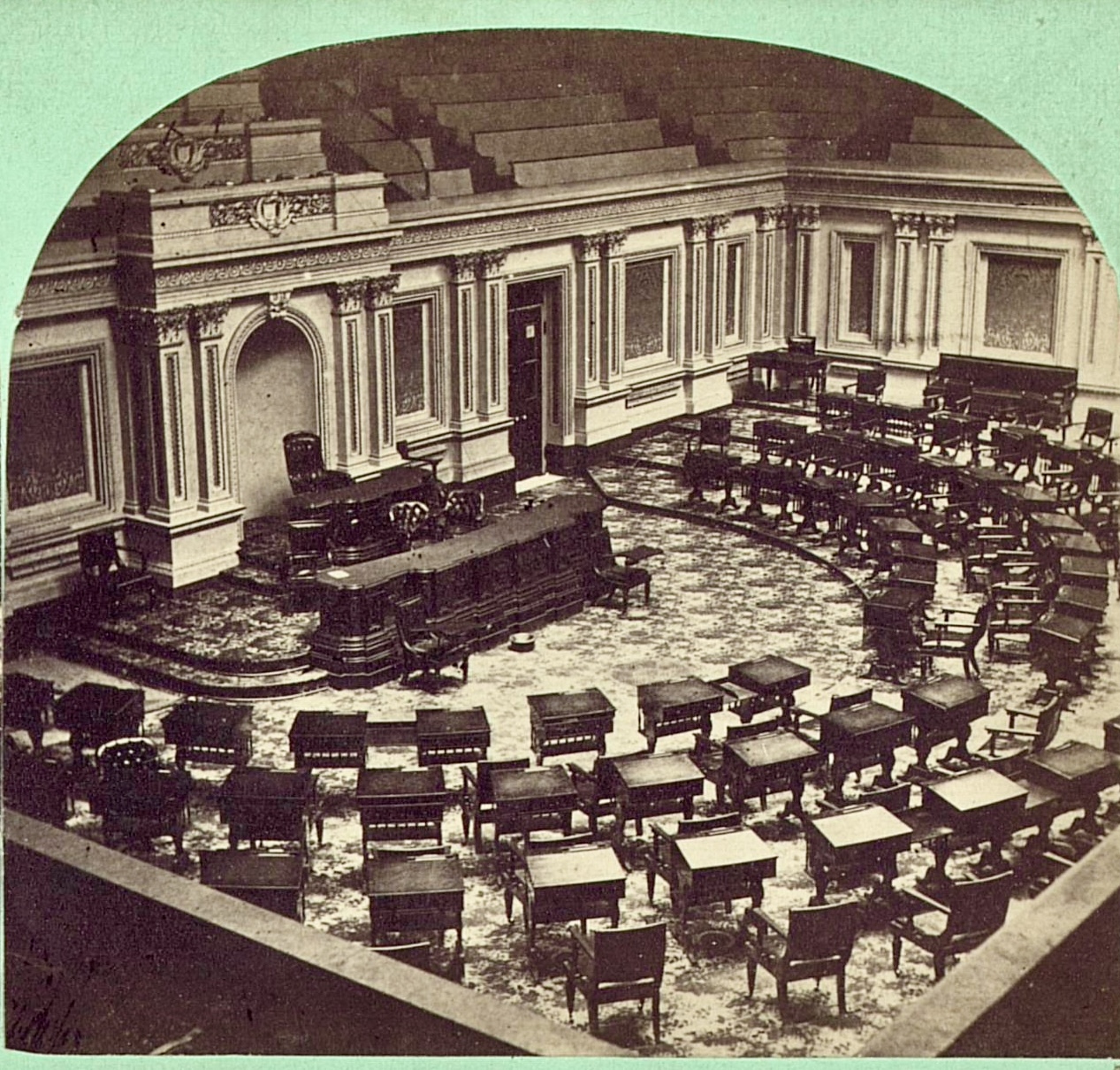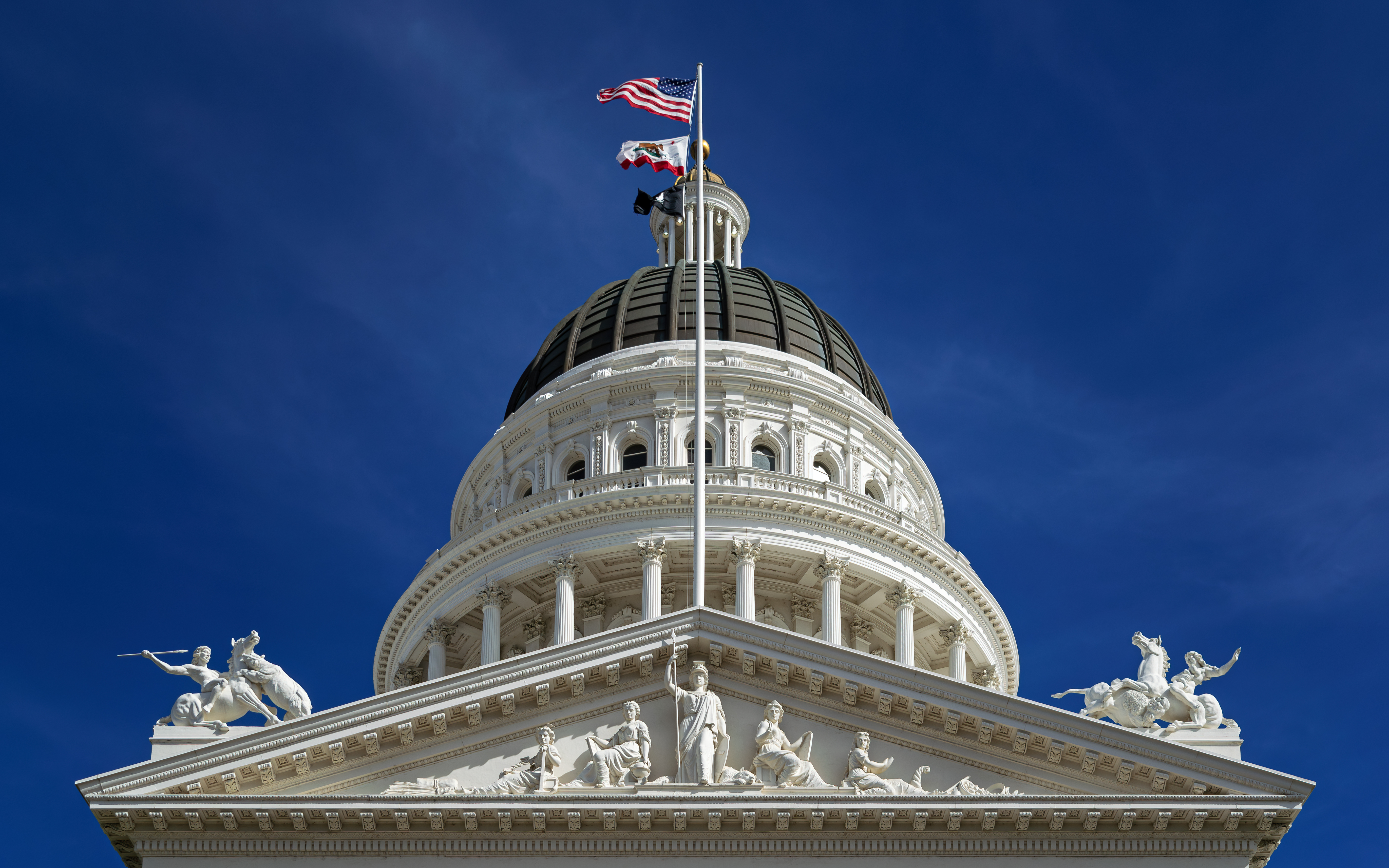The political earthquake is complete. President Trump has achieved what many thought impossible: a fundamental realignment of Republican economic thinking that puts American workers ahead of Wall Street theories. New polling data reveals that two-thirds of conservatives now embrace protective tariffs, marking the definitive end of the globalist free-trade consensus that shipped millions of American jobs overseas.
This isn’t just a policy shift—it’s an intellectual revolution. For decades, Republican voters watched their party’s establishment champion trade deals that enriched multinational corporations while devastating American manufacturing communities. Those days are over. With 62% of conservatives supporting current or higher tariff levels, Trump has successfully rebuilt the GOP around economic nationalism that actually serves American interests.
The numbers tell a remarkable story of political transformation. Among Trump supporters, 56% back imposing 100% tariffs on Chinese goods—a position that would have been considered radical just eight years ago. Today, it represents mainstream conservative thinking about how America should respond to Beijing’s economic warfare. Patriots understand we’re not engaged in friendly competition with China; we’re fighting for economic survival against a communist regime that has exploited American openness to build military strength aimed directly at us.
This shift reflects a deeper understanding of constitutional governance. Article I, Section 8 explicitly grants Congress the power to regulate commerce and impose tariffs—tools the Founders viewed as essential for protecting domestic industry and generating federal revenue. Trump’s tariff policies represent a return to the Hamiltonian vision of American economic independence, where trade serves national strength rather than abstract global integration theories.
The contrast with failed globalist policies couldn’t be starker. While establishment economists warned that tariffs would devastate the American economy, Trump’s first term proved the opposite. Manufacturing jobs returned, wages rose, and American companies began reshoring production. The dire predictions of recession and consumer price spikes largely failed to materialize, exposing decades of free-trade orthodoxy as little more than corporate propaganda designed to justify profit-maximizing labor arbitrage.
Perhaps most telling is the confidence gap revealed in the polling data. Only 16% of Trump voters believe China possesses greater economic power than America—a striking rejection of the defeatist mentality that pervaded Washington for years. This optimism isn’t naive; it’s based on hard economic reality. America remains the world’s largest consumer market, and access to American consumers represents our greatest negotiating leverage. Trump taught Republicans to stop apologizing for American economic strength and start wielding it strategically.
The political implications extend far beyond trade policy. This tariff revolution demonstrates how quickly American voters embrace policies that prioritize their prosperity over elite economic theories. It also reveals the intellectual bankruptcy of the Chamber of Commerce Republicans who spent decades promoting trade deals that served everyone except their own constituents.
Establishment Republicans now face a stark choice: embrace economic nationalism or face primary challenges from America First candidates who understand the new political reality. The old guard’s attempts to resurrect free-trade orthodoxy will fall flat with voters who have seen the concrete benefits of putting American workers first.
This transformation is laying the groundwork for a broader economic renaissance. By protecting domestic industry and encouraging reshoring, Trump’s tariff policies are rebuilding the manufacturing base that once made America the world’s dominant economic power. Combined with regulatory reform and tax cuts, these protections could restore working-class prosperity and national economic independence for generations.
The tariff revolution represents more than smart policy—it embodies the America First principle that government should serve American citizens rather than global elites. After decades of watching politicians prioritize foreign workers and corporate profits over American prosperity, conservatives have found their voice. They’re demanding leaders who understand that economic sovereignty is national sovereignty, and that trade policy should strengthen America rather than weaken it.
This is what winning looks like: transforming not just policy but the entire intellectual framework of conservative economics around the simple principle that America comes first.





